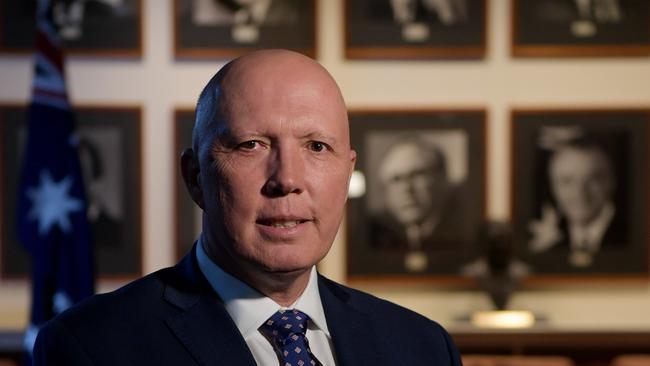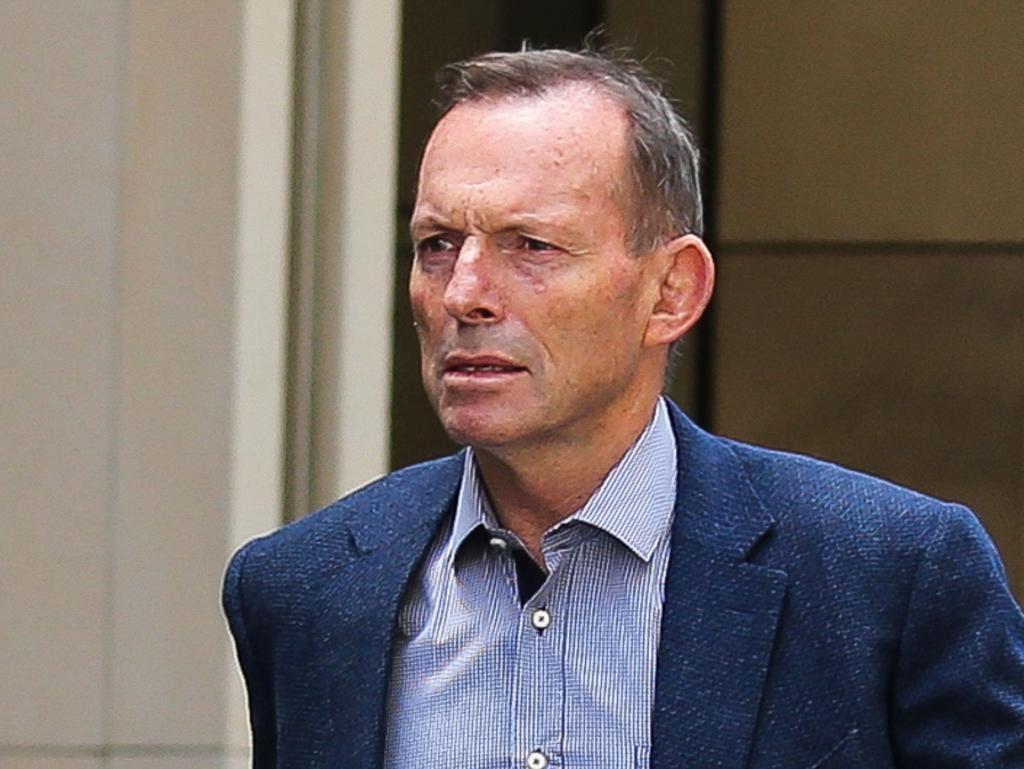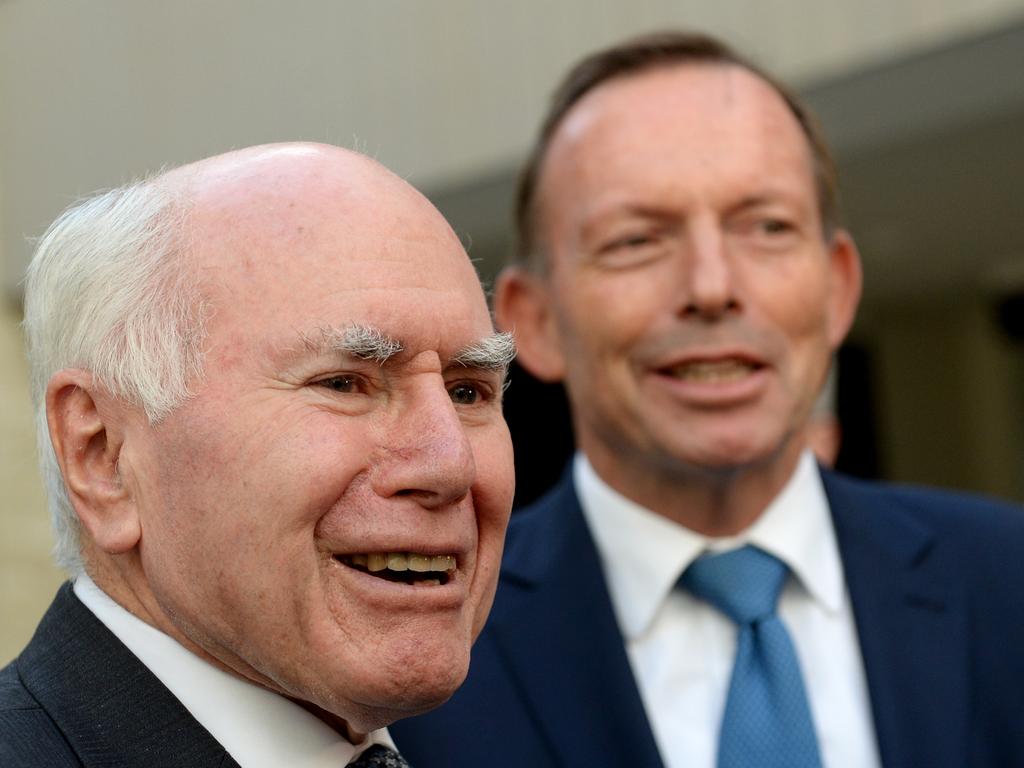
Why did the so-called teals win six seats that had always been safe for the Liberal Party? Because a large minority of affluent voters had come to the view not only that climate change is one of the most important challenges we face but, just as importantly, that the Liberal Party didn’t share their passion for it. It wasn’t so much that the Liberals had a bad policy (they matched Labor on net zero) but that they had a bad attitude (as if preserving jobs could ever really be as important as saving the planet).
There’s no doubt that the new Labor government will do its best to promote prosperity and to create jobs, however wrong-headed some of its policies might turn out to be. The trouble, though, for Coalition governments that focus on trying to manage the economy is that the economy is subject to a whole host of factors beyond Australia’s control, such as pandemics and the global inflationary and supply chain pressures brought on by the lockdowns, and the wars of other countries.
On the other hand, what you say about your own country and what you do to your own institutions is very much within our own government’s control and influence – and, in the long run, can have just as much impact on how we live. As Abraham Lincoln reputedly said, it’s the philosophy of the school room in one generation that determines the philosophy of the government in the next.
That’s why the new Albanese government has been so quick out of the blocks with key policies designed to stress not just that the new government is different but also morally better. Implicitly, if not always explicitly, Labor has been much better than the Liberals at appreciating that there’s a values dimension to politics, as well as a practical one.
Voters, especially those of the “moral middle class”, don’t just want to be reassured that their leaders are competent; they want to feel that they’re decent too. This helps to explain why the recent campaign so favoured Albanese – who was better at connecting with people – over Scott Morrison, even though the former PM exposed his rival’s weakness on policy and detail.
This is going to be a real challenge for new Opposition Leader Peter Dutton: not letting his instinctive tough mindedness on policy come across to a sceptical public as hard-heartedness on the issues that many key voters say they care about. In the meantime, Labor is going hell for leather to burnish its zeitgeist credentials – with more action on climate change and a referendum to entrench in the Constitution an Indigenous voice to the parliament.
Then there’s the First Nations dimension to the conduct of our diplomacy. Doing the right thing by the planet; doing the right thing by Indigenous Australians; and ensuring that the dispossessed and the vulnerable are always front of mind; what could possibly be wrong with that? Nothing, except that good intentions don’t guarantee good policy; and often enough, laudable objectives clash with others that are no less worthy in their own way.
Of course, Indigenous people should be consulted on legislation that impacts them (as should every citizen); and government policy should be for the benefit of Indigenous people (as if the intention would ever be otherwise), but entrenching this in the Constitution risks making race rather than equal treatment a factor in decision-making; and it could open up the decisions of elected politicians to second-guessing by unelected judges.
Of course, we should do the right thing by the planet but given our relatively minuscule contribution to global emissions, how much should we be prepared to make ourselves weaker and poorer, handicapping our economy, when other countries will do no such thing?
Unless the Coalition, in opposition, is prepared to engage beyond the economy – to get involved in the culture wars in ways it never did in government – it’s likely to become either the government’s ineffectual accomplice in policies it’s ambivalent about, or be dismissed as the party that knows the cost of everything but the value of nothing.
Nothing more clearly illustrated Morrison’s split-the-difference approach to national identity issues than his practice of first acknowledging country and then acknowledging veterans – as if a nod towards the armed forces “balanced” the notion that “country” belonged to some of us rather than all of us.
The former education minister Alan Tudge was prepared to call out the politically correct brainwashing inherent in a national curriculum that taught every subject from an Indigenous, sustainability and Asian perspective (implying that our country is stolen, our culture is inadequate and our environment is being pillaged) but the government could never bring itself to change it.
Dutton has got to do better than this. In the end, what are we? One cohesive nation or a collection of tribes, ethnicities and genders all nursing our grievances and looking for the next chance to take offence? So far, the new Opposition Leader is saying that he has an “open mind” on the Indigenous voice while asking the government for more detail.
He’s not rescinding the commitment to net zero, while pointing out that more renewables, in the short term, are bound to make power even more expensive and unreliable and send even more jobs overseas.
Soon enough, though, he’ll have to ramp up the level of challenge on these issues without appearing indifferent to them. Eventually, well before the next election, that will mean having his own policy to acknowledge the lot of Indigenous people, without dividing the country; and his own way of tackling climate issues without impoverishing us.
Labor’s election pitch, that Australia was a great country let down by a bad prime minister and that nothing much needed to change except the person at the top, was never very plausible.
Changing the government was always going to mean changing the country, and it is increasingly obvious just how big those changes will be (even if one of the most potentially seismic, becoming a republic, is supposedly – but implausibly – not on the agenda until a second term).
Whatever lip service might be paid to the politically correct critique of our country as fundamentally unfair, the fact that almost no Australians ever want to surrender their citizenship suggests that most of us don’t really believe it.
The more the government drifts into scolding Australians over identity and climate (because its dominant green-left won’t be able to help itself), the more Dutton needs to stress that our weaknesses are not nearly as important as our strengths. And unlike his predecessor, actually get out there and defend them.
Peta Credlin is the host of Credlin on Sky News, 6pm weeknights.






The former Coalition government routinely declined to fight the culture wars on the grounds that arguing over whether Australia was “invaded” or “settled” wouldn’t make any practical difference to people’s lives. But it does make a difference to people’s attitudes – and attitudes are what decide elections. Predictably, the new government is not making its predecessor’s mistake.